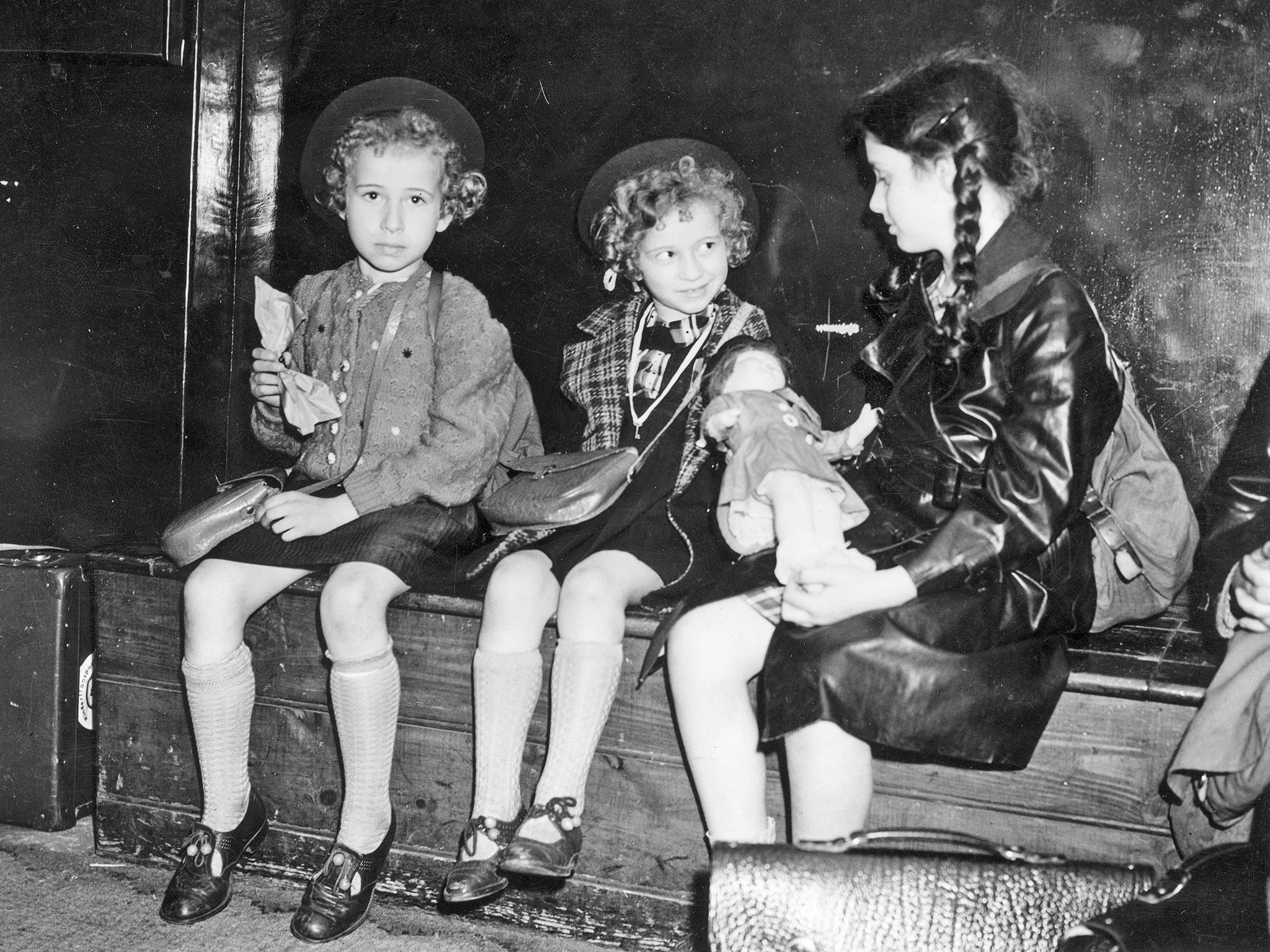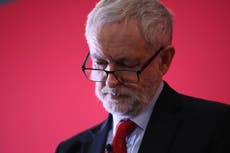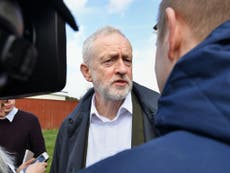If we want to tackle antisemitism in the modern world, then we need make GCSE history a compulsory subject in schools
It is too often fear of upsetting our children and cosseting them from harsh realities that limits their understanding

It is time to rethink how we teach our children about the Holocaust.
Ivor Perl was just 12 years old when he arrived in Auschwitz. Since he first spoke about his experiences in the mid-1990s, Perl has been active in promoting the memory of what happened to Europe’s Jews during the Holocaust across schools in the UK. Now he feels that there is no point in continuing to speak about his life.
Perl says that he feels the gulf of understanding between the school children he talks to is too wide for him to bridge. The pupils he encounters have such a poor understanding of what happened during the Second World War that his words fall on deaf ears.
This is certainly not his fault. Perl is an engaging and thoughtful speaker. He remembers the Holocaust through a child’s eyes when he relates his story. As he recalls the deportation, he recounts his childish excitement of riding on a train for the first time. He excitedly peeked through the cracks in the floorboards of the carriage watching the tracks pass by, unaware of the horrors that lay ahead.
But it is not the children’s fault either if they stare back at Perl in disbelief and incomprehension. If you are not told the facts, it is impossible to know what to ask or to understand what you are being told. We have failed to teach them what they need to know.
Holocaust education is a mandatory part of the history curriculum at KS3 only. It is only compulsory in state schools in England – private schools are exempt. It centres on an understanding of the rise of the Nazi Party in Germany. It often focuses on references to the Kindertransport when 10,000 Jewish refugee children were brought to the UK in the months before the Second World War.
Focussing on this is an approach that Perl finds is far too narrow. He was born and brought up in the small town of Mako in southern Hungary, and he and his brother were the only survivors of a family of nine children.
He is frustrated that he is always asked if he hates Germans. “The answer is no, I do not,” he says. “Why should I hate Germans any more than the Hungarian children who I used to play football with as a child? They were the ones who herded us into the ghetto with sticks.
“In the UK children don’t understand that antisemitism was a Europe-wide phenomenon,” he says. “It is about man’s inhumanity to man, and a story of how neighbour can kill neighbour.”
He feels that the reason the Holocaust can feel distant and irrelevant in the 21st century classroom is that its true nature is not explained.
“I am brought in for 45 minutes. It is impossible for me to explain the intricacies of what happened in such a short time,” he says. More significantly, the children think he is talking about remote far-away places that have little relevance to them.
The history of the 1930s in Europe is undoubtedly complicated, and if history was a compulsory subject until the age of 16, it would help matters. The story of the Holocaust is no more complicated than the politics of Indian independence that dominated the syllabus my children were taught for GCSE.
Even at KS3, there are improvements that could be made. Let’s encourage a questioning of the accepted myths that surround the Kindertransport. If teachers pointed out that the British did not welcome the most vulnerable people in the world with open arms, it would be a start. It needs to be said that there was considerable opposition to granting the children visas, which were temporary, and that they were only allowed into the UK as long as their care did not cost the taxpayer a penny.
We also need to encourage our pupils to ask why the parents of the Kindertransport children were not allowed to come too. An empty plinth next to the Kindertransport monument at Liverpool St Station might do the trick.
It is too often fear of upsetting our children and cosseting them from harsh realities that limits their understanding. At 85 years old, Perl is well aware of the upset that can be caused by the details of his experiences in Auschwitz and Dachau.
When he wrote his memoirs for his children and grandchildren, he tells me he was careful not to be too graphic in his description, in order not to cause unnecessary upset. Unsurprisingly, Perl was horrified after one session in a school when mother complained that he had traumatised her 16-year-old daughter with his account: “I was years younger than her when I lived through the horror,s and she didn’t even hear the full details.”
In the current climate, it is time for some plain speaking. With antisemitism on the rise we need to make sure that our children are armed with the facts – however upsetting.




Join our commenting forum
Join thought-provoking conversations, follow other Independent readers and see their replies